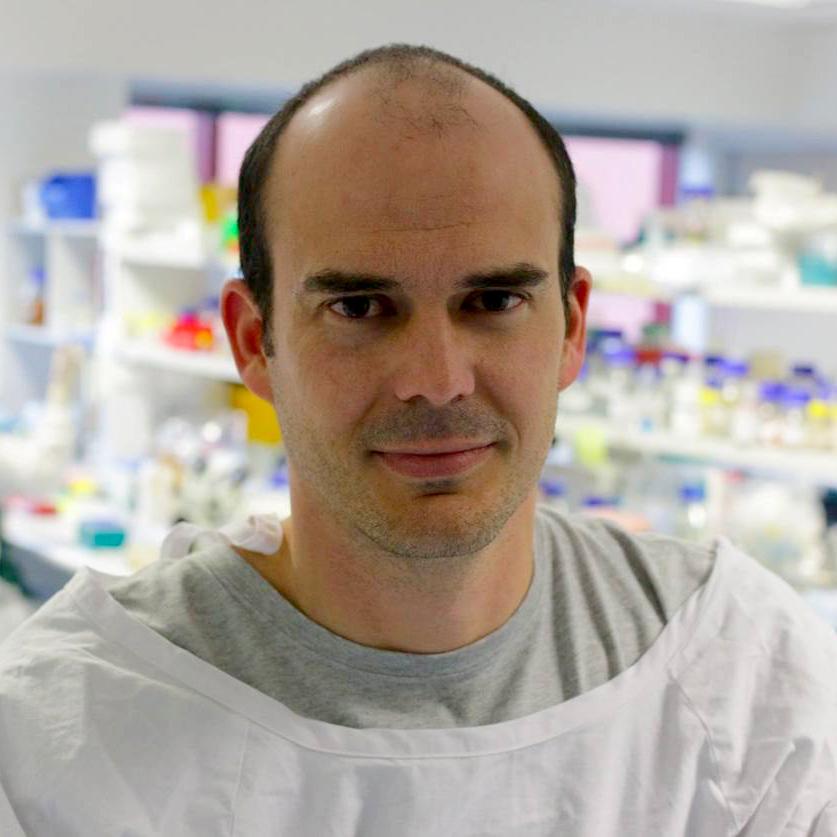Identifying new drugs that kill parasites
Work with a team of researchers who are identifying and characterising novel drugs that kill apicomplexan parasites.
Infectious diseases caused by apicomplexan parasites, such as malaria, remain a major burden on the worlds population. Infectious parasite pathogens cause disease in people in developed and developing countries as well as in livestock, causing lost food production and reducing the wealth of communities.
Many of these infectious organisms fall under the heading of neglected tropical diseases or are not considered a significant enough burden to receive intensive research into new treatment strategies.
This project will undertake targeted drug screens of infectious apicomplexan pathogens; including Natural Product extract drug libraries.
Focusing on Plasmodium spp. malaria parasites initially, you will screen for activity using standard and life-cycle stage specific in vitro assays available in the Wilson Laboratory (Wilson et al. BMC Biology, 2015; Wilson et al. Antimicrob Agents & Chemother, 2013; Nguyen et al. Eur J of Med Chem, 2018).
Malaria parasites remain a major cause of morbidity and mortality worldwide, and can be used as a model organism for other eukaryotic parasites, particularly closely related parasites in the phylum Apicomplexa which are major causes of disease in both humans and livestock. After identifying inhibitory compounds/extracts, you will undertake selective screens using these hits against other parasite pathogens such as Toxoplasma gondii, a major cause of poor birth outcomes in humans and livestock.
Lead compounds will then be assessed for their stage of activity and their effect on parasite growth using specialised in vitro growth models, fluorescence microscopy assays, gene-mutation studies and proteomics.
Study malaria parasites
The Wilson Laboratory is in the Research Centre for Infectious Diseases, a leading centre for infectious diseases research nationally, which provides access to diverse expertise, equipment and student support that will enhance your honours studies.
Gain important research skills
This project will provide you with the following skills:
- In vitro culture of parasites, including malaria parasites, and purification of their lifecycle stages.
- Design and application of high throughput drug screens using flow-cytometry and fluorescent plate reader end points.
- Immunofluorescence microscopy leading to characterisation of cell death.
- Long term culture of drug treated lines to develop resistance and identification of resistance mutations through molecular biology techniques.
- Proteomic analysis of drug treated cultures to identify likely targets of drug activity.
This project may involve travel to work in the laboratory of local and interstate collaborators to gain the skills necessary to complete this multidisciplinary study.

Supervisors
Co-supervisor: Associate Professor Ryan O’Handley
Research area: Malaria parasites - Research Centre for Infectious Diseases
Recommended honours enrolment: Honours in Molecular and Biomedical Science
